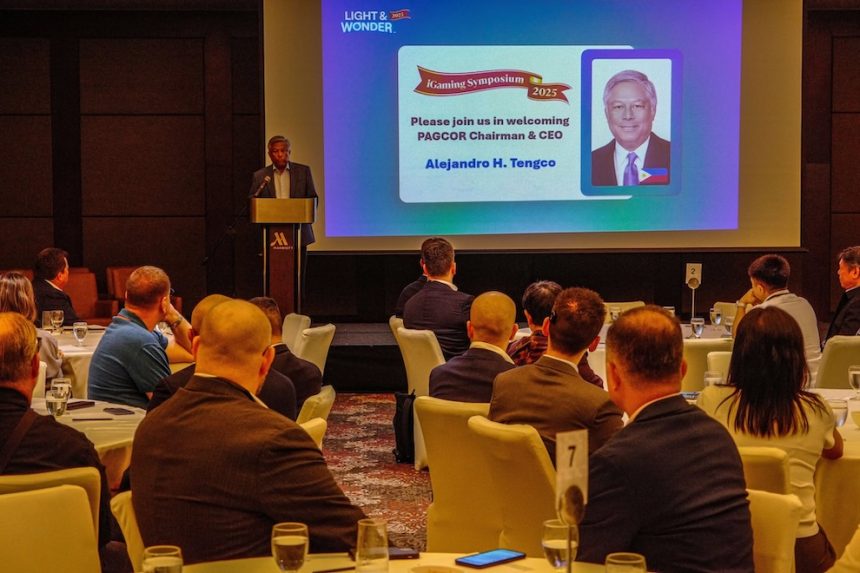
Amid growing public concern over the rise of online gambling, Philippine Amusement and Gaming Corporation (Pagcor) chairman Alejandro Tengco strongly reaffirmed that the solution lies in enhanced regulation—not a sweeping ban. In a recent interview, he emphasized that the licensed online gaming industry contributes significantly to government revenues—approximately PHP100 billion (US$1.77 billion) annually, including about PHP50 billion in licence fees alone during 2024. With employment for around 32,000 individuals supported directly by the sector, Tengco warned against knee-jerk legislative bans that could erase these economic gains and displace workers.
Tengco and sector stakeholders argue that the true threat lies not in regulated platforms but in the proliferation of illegal operators—many based offshore—who target Filipino users and evade control. Pagcor estimates that it can currently capture only 45–50% of the entire online gaming market, leaving sizeable activity beyond its oversight. The regulator reiterated its “fully committed” stance toward combatting illegal online gambling, even as some lawmakers press for prohibition or stricter access measures, such as banning e-wallets or imposing minimum cash-in thresholds.
As part of its multi-pronged strategy, Pagcor has spearheaded initiatives like the launch of the “PAGCOR Guarantee” website—to help players verify licensed platforms—and is inking agreements to regulate online gambling advertisements through stricter pre-screening processes. Meanwhile, the Department of Finance is exploring policy options such as a 10% tax increase on licensed gaming operators, mandatory stock market listing to boost transparency, and more controlled access via digital payments. Such measured, collaborative reforms, Tengco suggests, balance public protection with economic benefit—where a well-regulated gaming industry may well serve as a dependable revenue stream rather than a social hazard.

 Content Writer: Janice Chew • Monday, 25/09/2025 - 21:34:53 - PM
Content Writer: Janice Chew • Monday, 25/09/2025 - 21:34:53 - PM